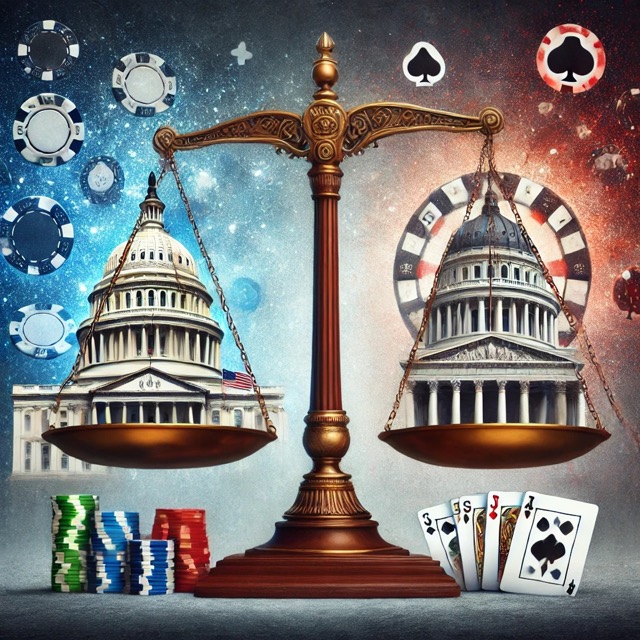
The introduction of the SAFE Bet Act by U.S. lawmakers has ignited a fierce debate about the future of sports betting regulation in the country. Designed to set federal standards for both online and retail sports betting, the act aims to curb gambling-related harms by imposing restrictions on advertising, deposit limits, and the use of artificial intelligence (AI). While the bill’s proponents argue that these measures are necessary to protect consumers, particularly vulnerable groups such as young people and problem gamblers, critics see the act as a federal overreach that undermines the successful state-level frameworks already in place.
One of the most controversial elements of the SAFE Bet Act is the restriction on advertising. The ban on sports betting ads during live sporting events and between 8 a.m. and 10 p.m. is seen by many as an extreme measure. Sports betting has become deeply intertwined with sports culture in the U.S., and these ads, while potentially problematic, are also an integral part of how operators reach their audience. By restricting these ads, the government risks isolating operators who rely on them to attract new customers and educate them about responsible gaming.
AI is another focal point of the bill, with restrictions on its use for monitoring player habits and generating personalized offers. While this may seem like a positive step toward limiting exploitation, AI also plays a crucial role in consumer protection by identifying patterns of harmful behavior and flagging them for intervention. A blanket ban on AI could reduce the effectiveness of these safeguards, leading to unintended consequences.
The opposition to the SAFE Bet Act from industry groups is not surprising. These organizations argue that the states have already proven their ability to regulate sports betting effectively, generating billions in tax revenue and creating thousands of jobs. They fear that federal intervention could disrupt this progress by imposing a one-size-fits-all model that doesn’t account for regional differences in market dynamics or consumer behavior.
Ultimately, the SAFE Bet Act raises important questions about the role of federal oversight in an industry that has largely thrived under state control. While consumer protection is a valid concern, the industry’s success suggests that the current regulatory frameworks are working. The challenge for lawmakers will be finding a balance between protecting consumers and preserving the operational flexibility that has allowed the sports betting market to flourish.








